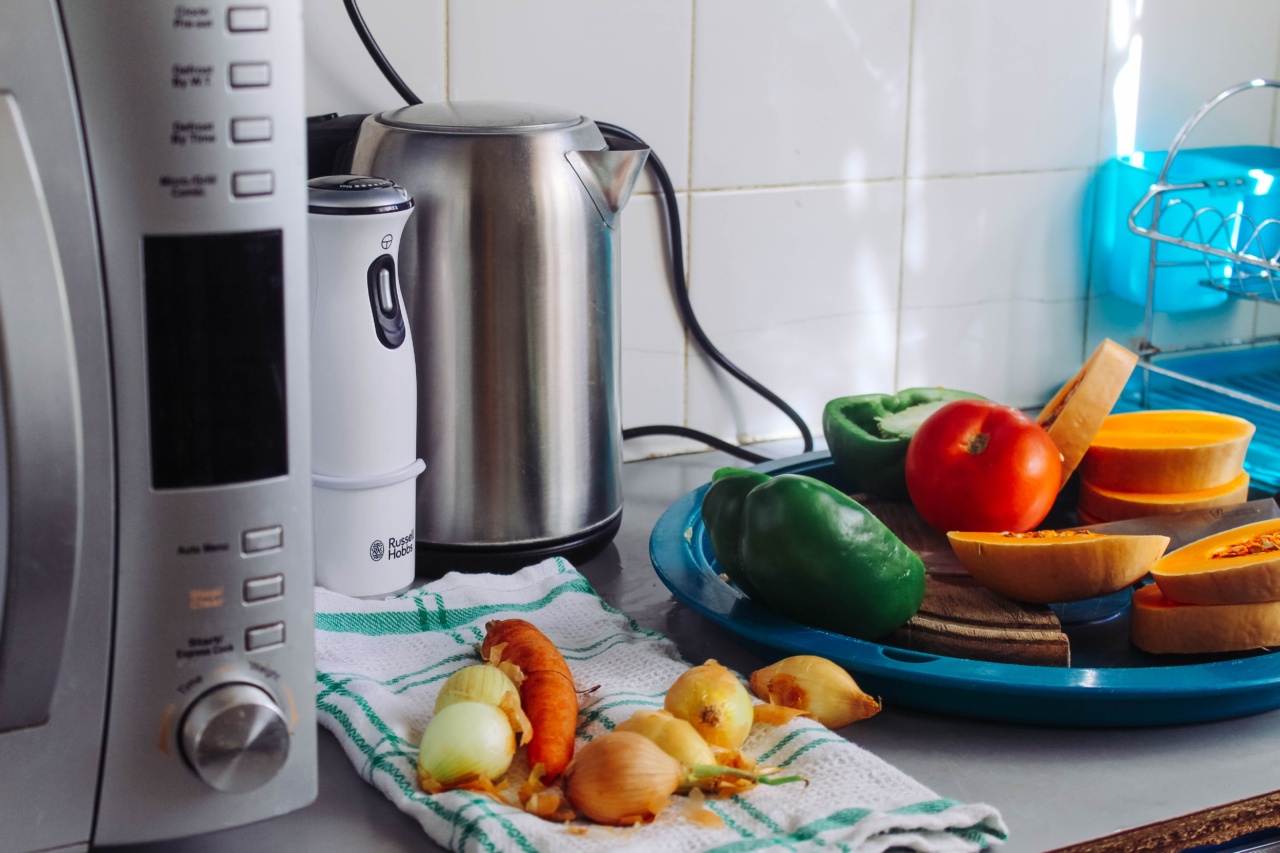As the weather heats up, it’s important to pay attention to your nutrition and how it can affect your body’s ability to regulate temperature.
Nutrition is essential for maintaining overall health and immunity, but it also plays a key role in helping your body cope with extreme temperatures.
Hydration
One of the most important factors in regulating body temperature during hot weather is staying hydrated. When you’re dehydrated, your body’s ability to regulate temperature decreases, which can lead to heat stroke or other dangerous conditions.
Drinking plenty of water and other fluids throughout the day can help ensure that your body has the resources it needs to stay cool.
Electrolytes
In addition to water, electrolytes like sodium, potassium, and magnesium are also important for regulating body temperature. These minerals help to maintain fluid balance in your body, which is essential for staying hydrated.
You can get electrolytes from foods like bananas, avocados, spinach, and nuts, or you can opt for sports drinks or electrolyte supplements.
Protein
Protein is essential for maintaining muscle mass and strength, which can help your body cope with extreme temperatures.
When you’re overheated, your muscles have to work harder to regulate your body temperature, so having strong muscles can help prevent fatigue and exhaustion. Foods like lean meat, fish, eggs, and beans are good sources of protein.
Carbohydrates
Carbohydrates are your body’s primary source of energy, and they’re especially important during hot weather when your body is working harder to regulate temperature.
Foods like whole grains, fruits, and vegetables provide a steady supply of energy that can help keep you going throughout the day.
Fats
Fats are an important source of energy and help your body absorb certain vitamins and minerals, but they should be consumed in moderation.
Too much fat can lead to sluggishness and a decrease in energy, which can make it harder for your body to cope with extreme temperatures. Choose healthy fats like those found in nuts, seeds, and avocados.
Vitamins and Minerals
Vitamins and minerals are essential for maintaining overall health and immunity, but they also play a role in regulating body temperature.
Vitamin C is a powerful antioxidant that can help protect your body against heat-related stress, while minerals like iron and zinc support the immune system and help combat heat-related fatigue.
Conclusion
As the weather heats up, it’s important to pay attention to your nutrition and how it can affect your body’s ability to regulate temperature.
Staying hydrated, eating a balanced diet rich in nutrients, and avoiding excessive amounts of fat can help your body cope with extreme temperatures and stay healthy throughout the summer months.































